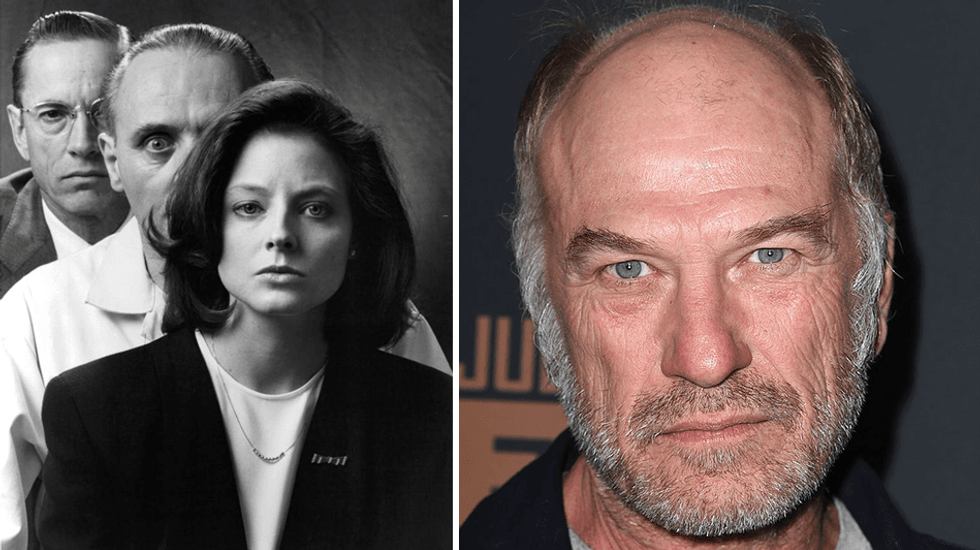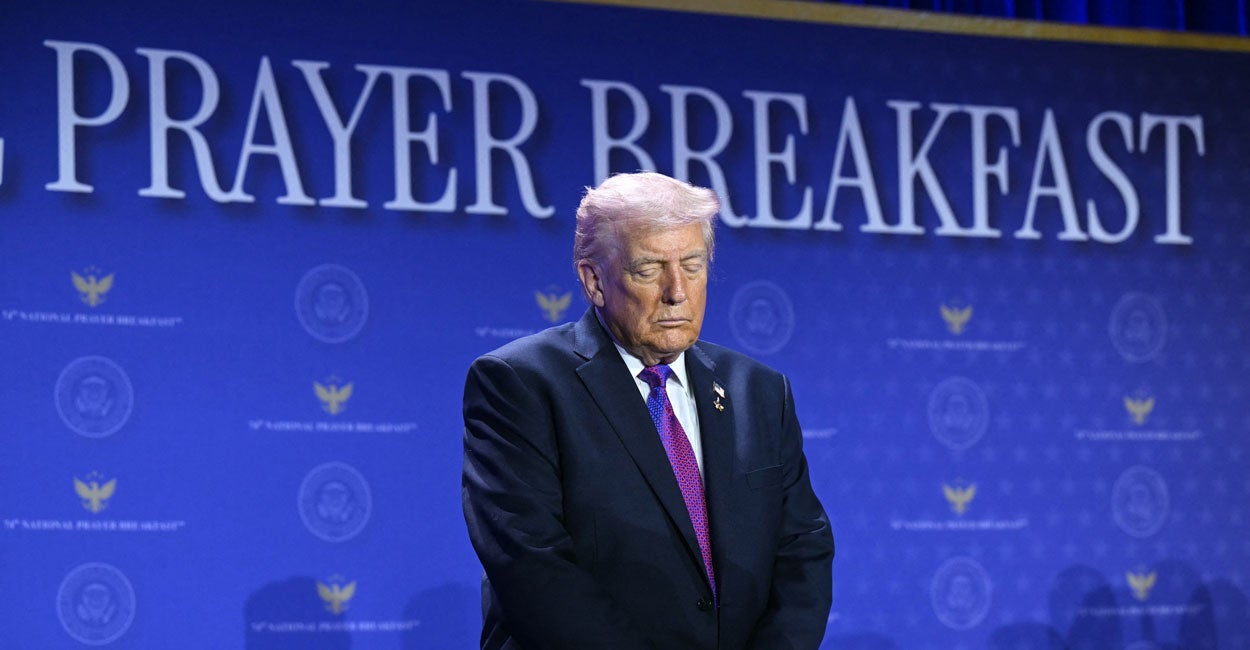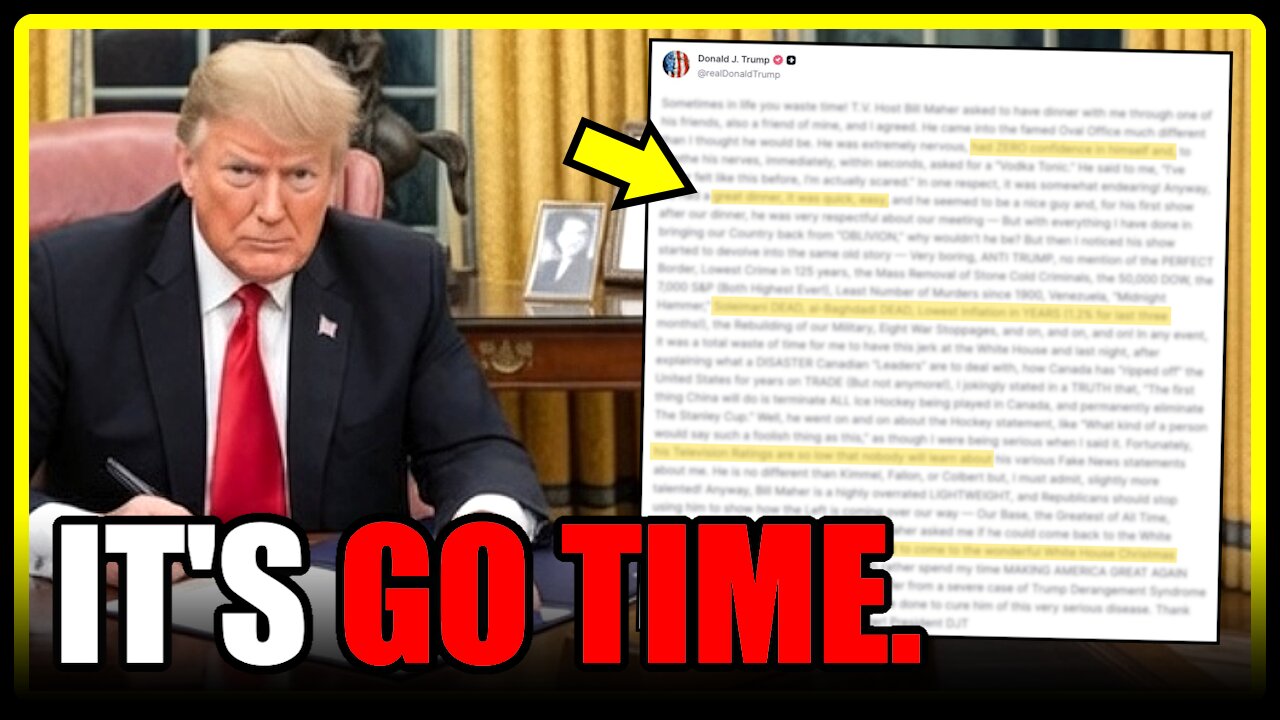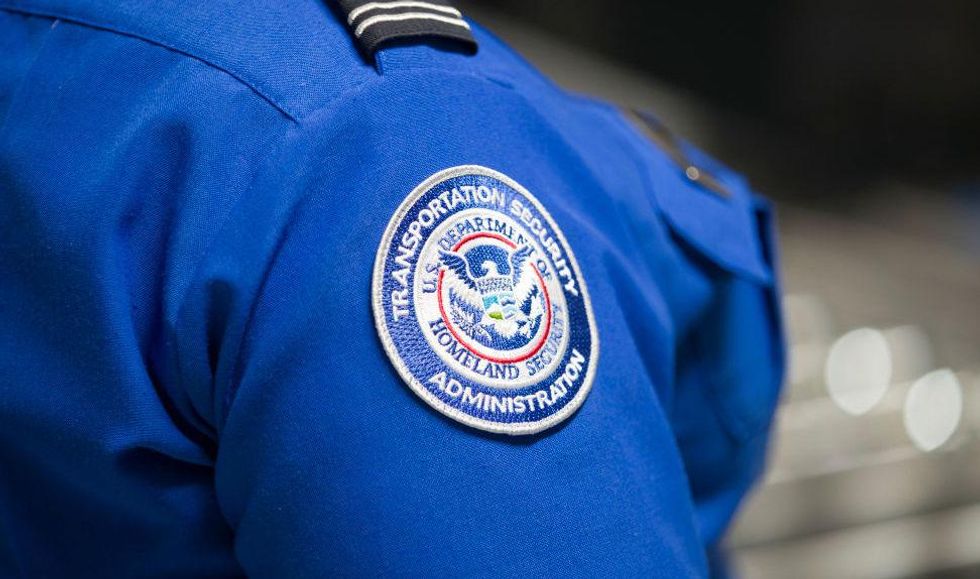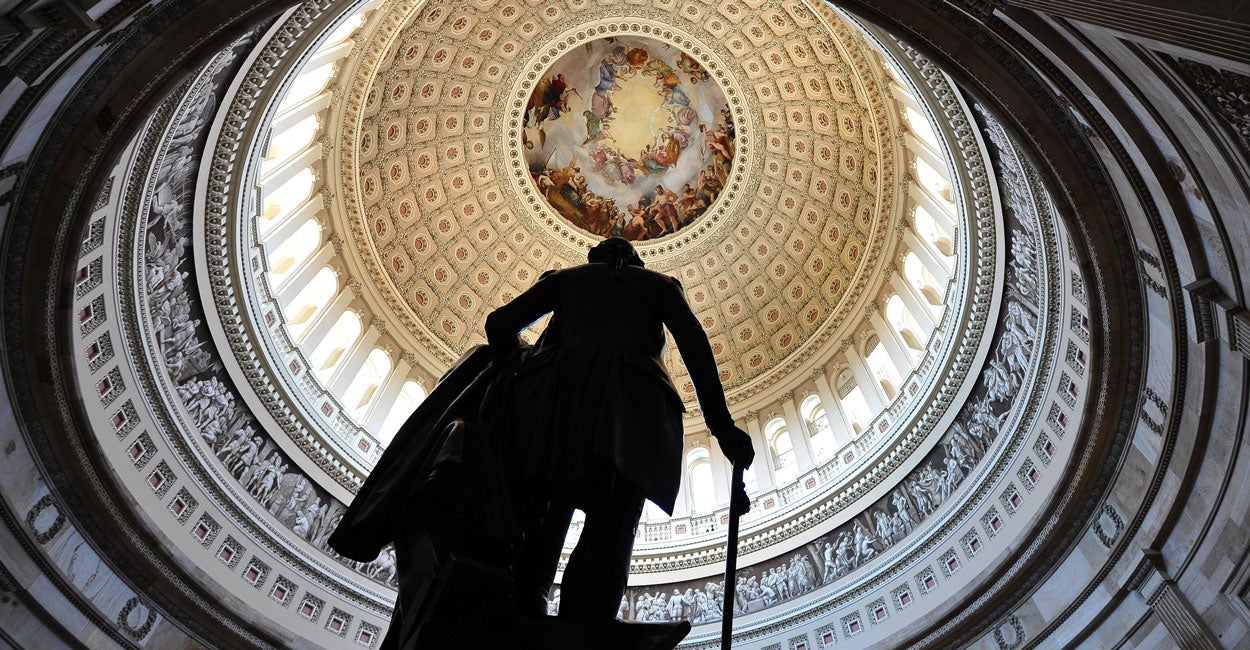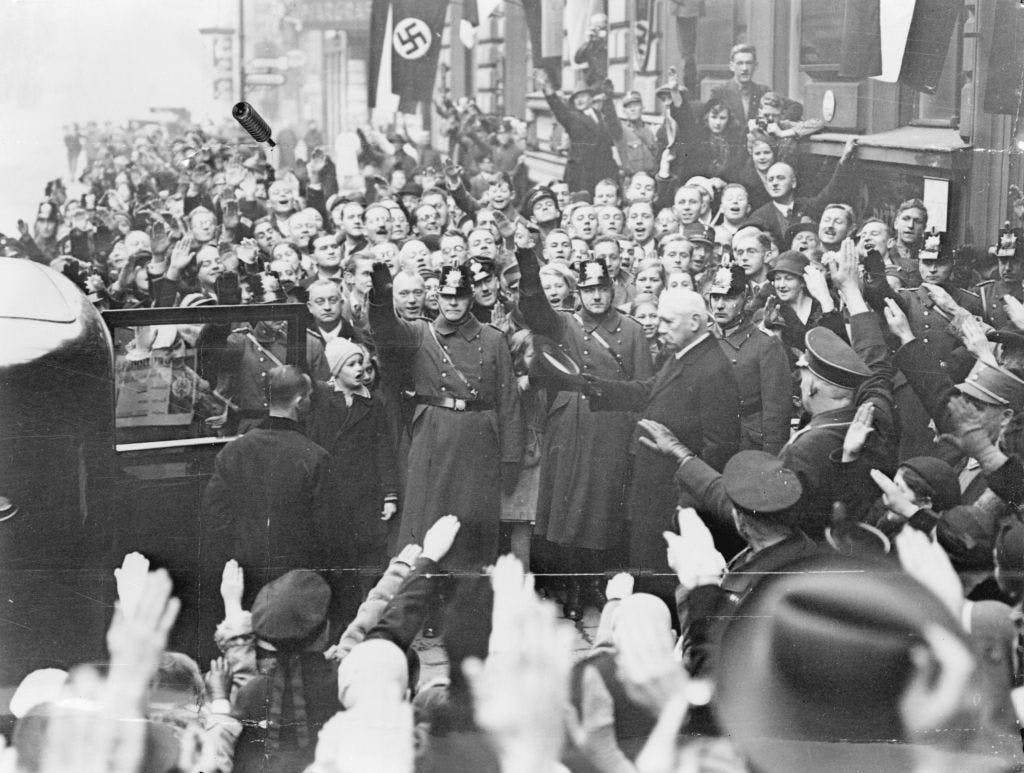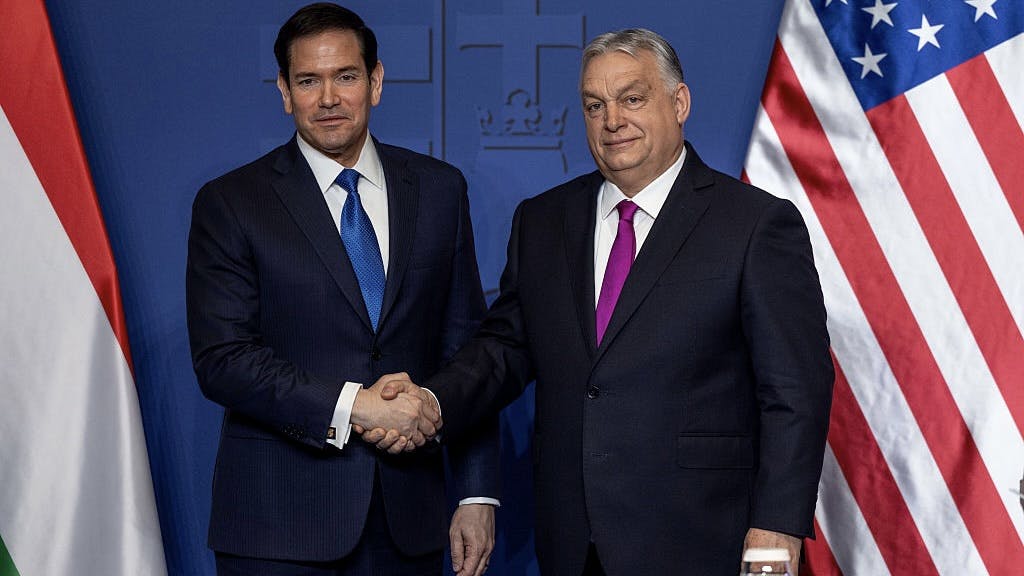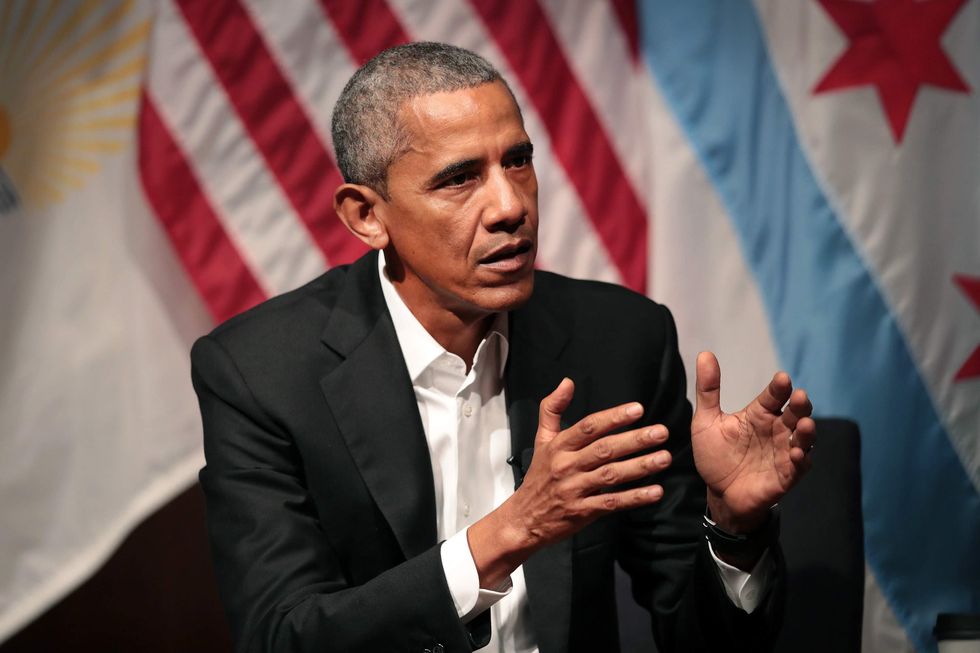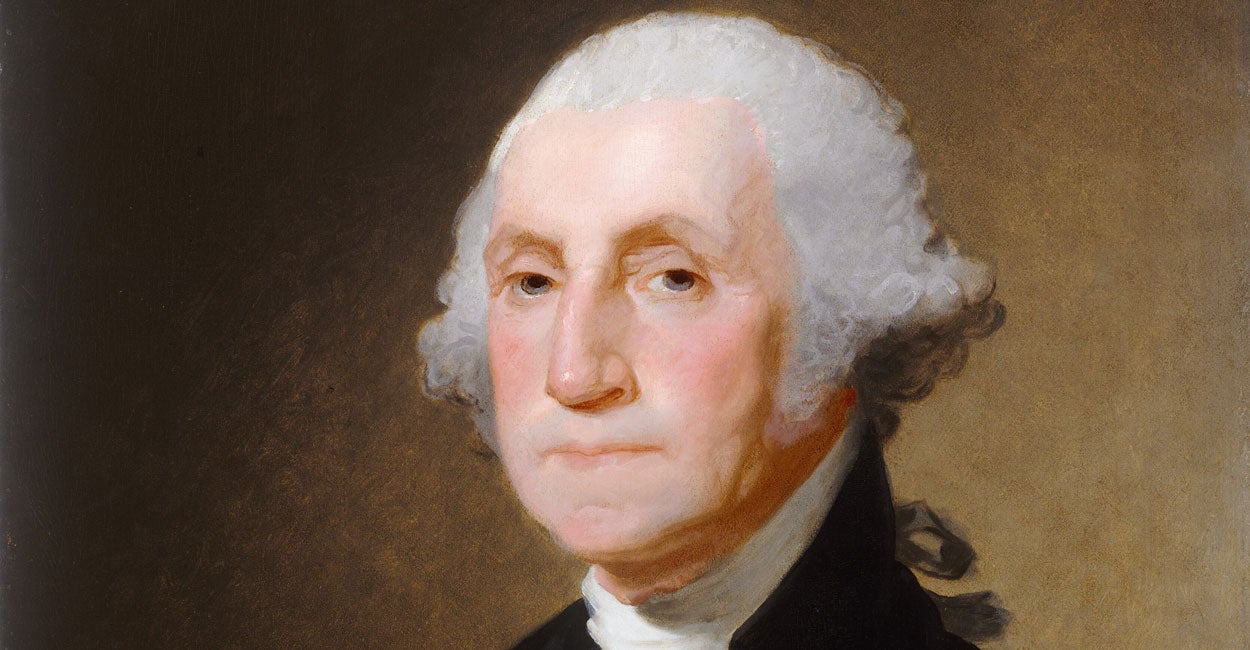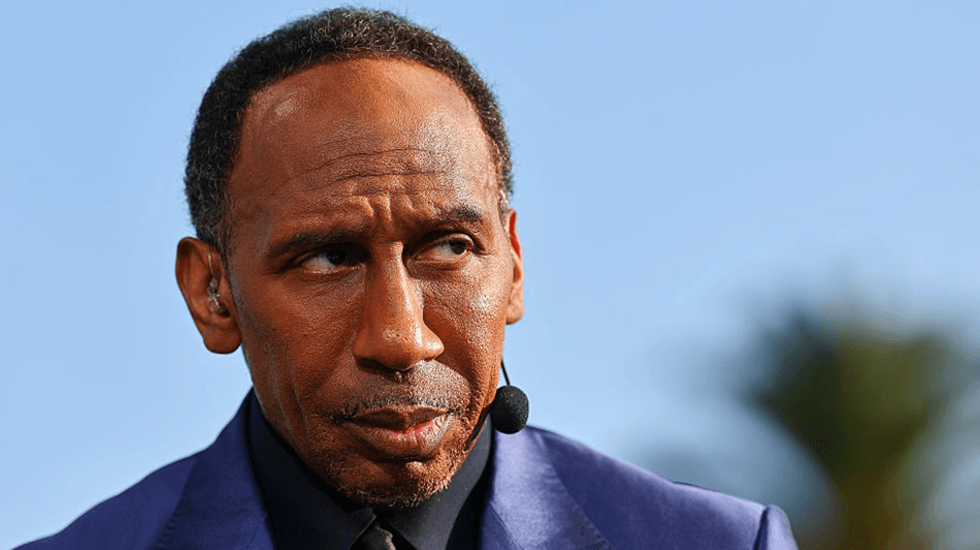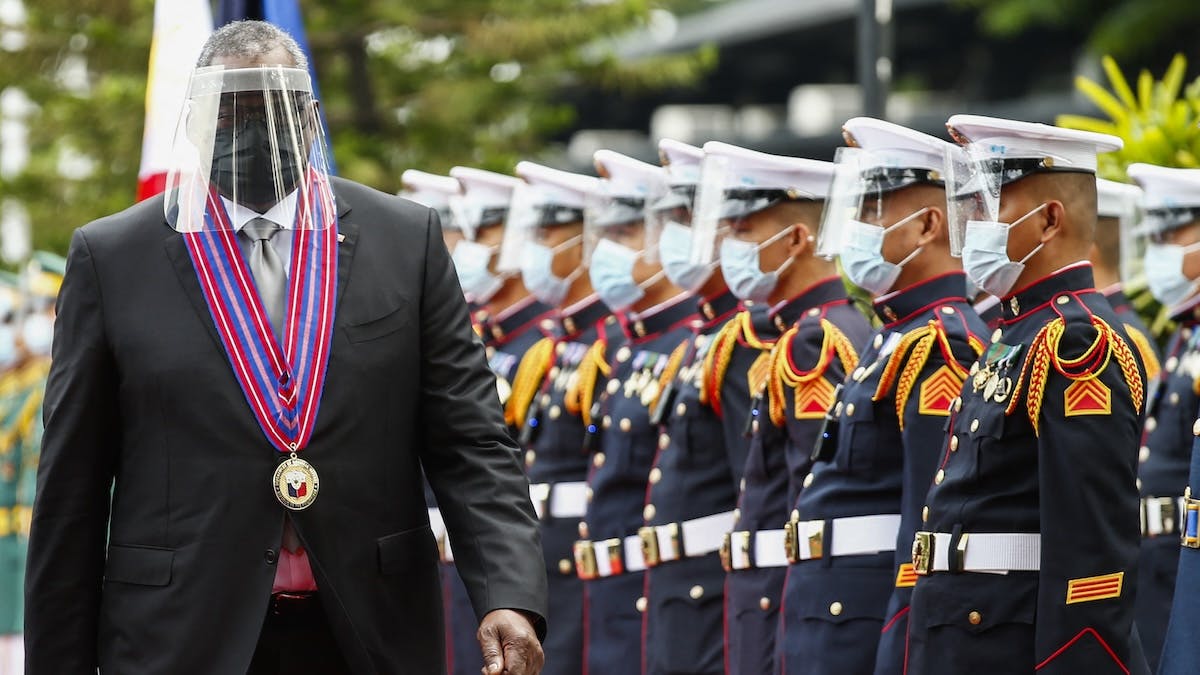Erasing History: The Real Cultural Marxism

Editor’s Note: This is the fifth and final installment in the series “American Maoists: Warnings From The Cultural Revolution.”
Live Your Best Retirement
Fun • Funds • Fitness • Freedom
In Part IV, Xi Van Fleet and Sasha Gong — both activists, scholars, and survivors of Mao’s communist uprising — exposed the radical communist roots of Democrats cringey attempt to seem cool by using profanity.
Today, the authors look to the future, and explore how radical leftist movements rewrite history, not just to justify their actions and demonize the cultures they want to destroy, but to change how people think about their past, present, and future.
***
Every nation lives by its landmarks. These are not merely dates on a calendar, but signposts dividing history into “before” and “after.” They anchor collective memory and shape how a people understand themselves.
For Americans, the great landmarks have long been clear: 1492, the discovery of the New World; 1776, independence; 1861, the Civil War; 1929, the Great Depression; 1964, the Civil Rights Act. To speak of “before” and “after” these events is to tell the story of a nation striving toward freedom, law, and self-government.
In recent years, however, new landmarks have been imposed by ideological fiat. The most striking is the New York Times’s 1619 Project, which declared that America began not in 1776 but in the year enslaved Africans first arrived in Virginia. With that shift, the axis of history moved: “before and after independence” became “before and after slavery.” Liberty and law were redefined as hypocrisy and oppression. More dividing lines quickly followed: before and after Jim Crow, before and after George Floyd, and so on.
These changes are not merely academic. When the Chinese Communist Party seized power in 1949, it imposed a single ultimate landmark: “before liberation” and “after liberation.” Five thousand years of recorded history were collapsed into a morality tale. Everything before was painted as darkness; everything after as light. The word liberation itself became a judgment on every person and institution. Those who had prospered before were condemned, often destroyed.
The CCP has never ceased wielding this powerful weapon to manufacture historic milestones. After the disastrous Mao era, it crafted yet another milestone by dividing its own history into ‘before Reform and Opening-Up’ and ‘after.’ The Mao years were rebranded as ‘decades of arduous exploration’ in search of a better China, erasing the atrocities that claimed tens of millions of lives.
The post-Mao period, by contrast, is exalted as the Party’s crowning achievement: lifting the Chinese people out of poverty and transforming China into an economic superpower. And the ultimate aim? To enshrine the CCP as the eternal liberator of the Chinese people. This is not just propaganda but a wholesale transformation of society. History was rewritten, language reshaped, culture remade. The “before” was demonized; the “after” glorified. Ordinary people adopted the new vocabulary, willingly or not. And once language changed, thought and memory changed too. The Chinese people, once bound by a magnificent civilization, were divided into “good” and “bad” classes — oppressors and oppressed, loyalists and enemies. Hatred of the designated groups was not just tolerated but demanded.
America is not a one-party state. Our institutions remain democratic. Yet the project of re-framing — what might be called Cultural Marxism — has advanced here with surprising speed. The narrative of American exceptionalism, rooted in liberty, law, and individualism, has been replaced by a narrative of slavery, racism, and oppression.
The Left has shown itself to be even more cunning Cultural Marxists than the Maoists. They have redefined and “simplified” American history into a new binary: before and after. In their telling, the “before” is our present — defined solely as slavery and white oppression — rendering the Civil War irrelevant and erasing the achievements of countless Black Americans, including Barack Obama. The “after,” meanwhile, exists only in the future. And how is that future to be reached? By dismantling the entire system, which they insist is built on racism, bigotry, and injustice.
History’s landmarks are never neutral. They can unite or divide, elevate or diminish. To say “before independence” and “after independence” is to conceive of ourselves as citizens — free, equal, and striving for self-rule. To say “before slavery” and “after slavery” is to fix identity forever in terms of bondage and resentment. One story moves toward freedom; the other freezes us in grievance.
Nations cannot thrive on grievance. A shared history, however imperfect, is the glue that binds generations. To rewrite that history into a tale of villains and victims is to dissolve the glue.
The real question is whether we will continue to allow new landmarks to redefine us. Will we pass on to our children the story of a free people, equal under God, struggling but advancing toward justice? Or will we hand them a fractured narrative that teaches them to see one another as permanent enemies?
History is never only about the past. It frames the future. What we choose as our “before” and “after” will decide who we become.
READ MORE:
American Maoists, Part I: License To Kill: What Turns Normal People To Political Violence?
American Maoists, Part II: The Wheel Of Misfortune: Victims, Victimhood, And Victimization
American Maoists, Part III: From Red Guard To Blue Hair: Why Leftists Destroy Womanhood
Xi Van Fleet is a survivor of Mao’s Cultural Revolution, activist, and author of “Mao’s America: A Survivor’s Warning.”
Sasha Gong is a writer, scholar, journalist, and filmmaker. A dissident in Mao’s China, she holds a PhD from Harvard University and was previously Director of the China Branch at Voice of America.
The views expressed in this piece are those of the author and do not necessarily represent those of The Daily Wire.
Originally Published at Daily Wire, Daily Signal, or The Blaze
What's Your Reaction?
 Like
0
Like
0
 Dislike
0
Dislike
0
 Love
0
Love
0
 Funny
0
Funny
0
 Angry
0
Angry
0
 Sad
0
Sad
0
 Wow
0
Wow
0

